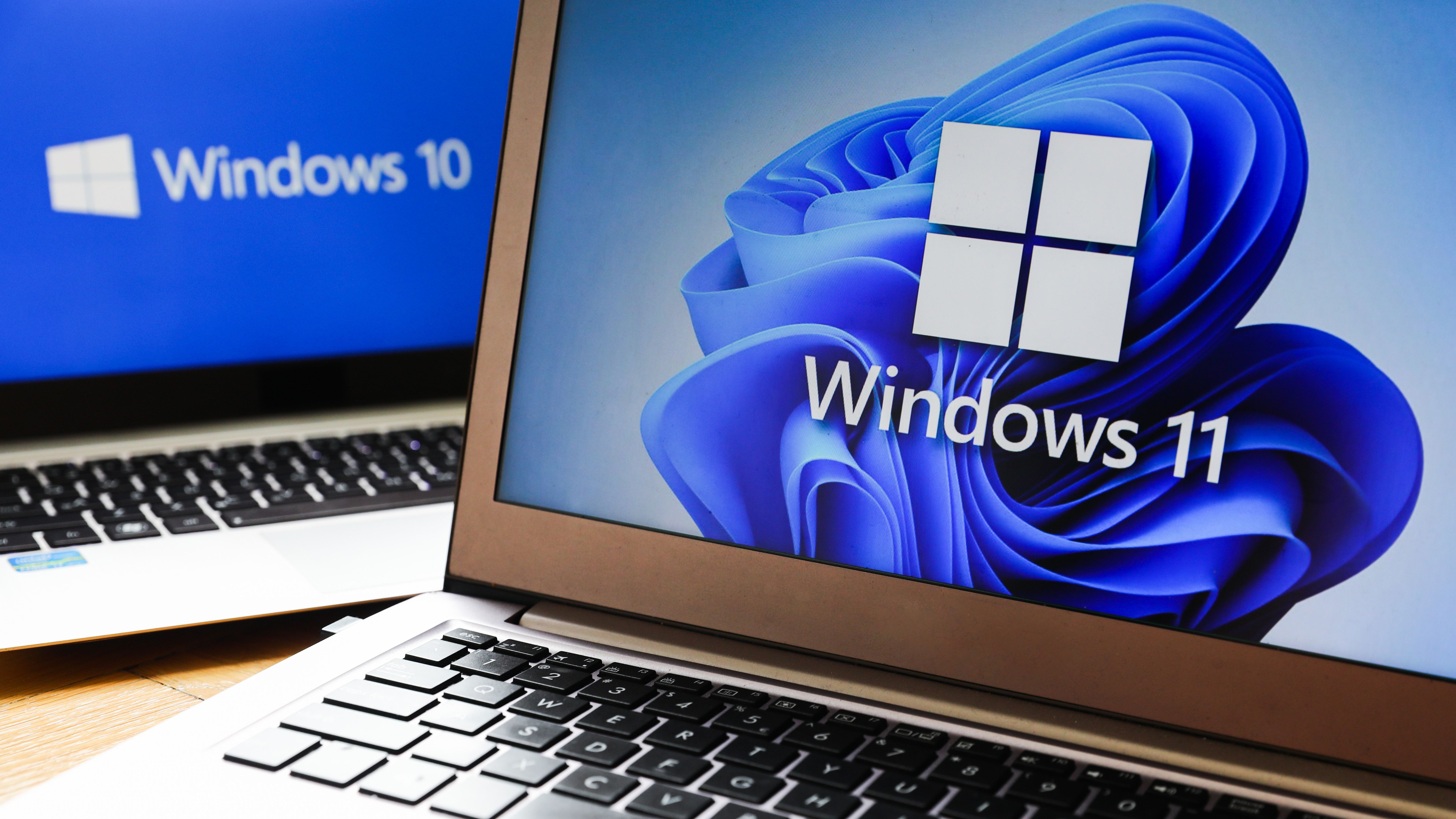Microsoft reportedly blocks Russian Windows 10 and Windows 11 downloads
Local media report issues from inside Russia but the company has yet to confirm if it was a deliberate move or merely an error


Microsoft has blocked the downloads of Windows 10 and Windows 11 for users inside of Russia without warning, local news outlets have said.
Copies of both operating systems (OS) are reportedly unavailable when users inside of Russia attempt to download them from official Microsoft servers, but downloading when using a VPN, with the IP address set to outside of Russia, allows the download to take place.
A correspondent from the Russian news agency TASS said that users were greeted with Error 404 messages, saying the file or directory was not found when trying to download either OS.
The news agency said Microsoft has not yet commented on the matter and the company did not immediately reply after IT Pro contacted them for clarity on the matter.
It is currently unclear if the situation is an “error”, as TASS reported, or if it was a deliberate decision taken by Microsoft.
The company took the decision early into the conflict between Russia and Ukraine to suspend sales in Russia and commit millions in humanitarian aid to Ukraine, as well as doubling all donations made by Microsoft employees.
“Like the rest of the world, we are horrified, angered and saddened by the images and news coming from the war in Ukraine and condemn this unjustified, unprovoked, and unlawful invasion by Russia,” said Brad Smith, president and vice chair at Microsoft, at the time.
Get the ITPro daily newsletter
Sign up today and you will receive a free copy of our Future Focus 2025 report - the leading guidance on AI, cybersecurity and other IT challenges as per 700+ senior executives
The initial reports about failing download have been corroborated by IT experts since TASS reported the issues on Sunday morning.
Although Microsoft has not confirmed if the situation was a mistake or a deliberate act, the company has been vocal about its sustained efforts to stifle Russian forces against Ukraine since the conflict broke out earlier this year.
The company’s efforts have included threat intelligence - identifying new strains of cyber tools used by Russian threat actors, providing financial aid to Ukraine, and active attempts to stifle Russian state-affiliated media’s reach and state-sponsored cyber attacks.
RELATED RESOURCE

Big Tech companies have joined Microsoft in taking a stand against the Russian invasion of Ukraine with numerous large companies such as Apple, Cisco, SAP, AMD, Intel, and more publicly pulling out of the region.
Other companies like Meta were already banned by Russia itself - the country has previously labelled the company ‘an extremist operation’.
According to research from earlier this year, the majority of technology workers are in favour of companies pulling out of Russia, although the level of support varied wildly depending on the business.

Connor Jones has been at the forefront of global cyber security news coverage for the past few years, breaking developments on major stories such as LockBit’s ransomware attack on Royal Mail International, and many others. He has also made sporadic appearances on the ITPro Podcast discussing topics from home desk setups all the way to hacking systems using prosthetic limbs. He has a master’s degree in Magazine Journalism from the University of Sheffield, and has previously written for the likes of Red Bull Esports and UNILAD tech during his career that started in 2015.
-
 Bigger salaries, more burnout: Is the CISO role in crisis?
Bigger salaries, more burnout: Is the CISO role in crisis?In-depth CISOs are more stressed than ever before – but why is this and what can be done?
By Kate O'Flaherty Published
-
 Cheap cyber crime kits can be bought on the dark web for less than $25
Cheap cyber crime kits can be bought on the dark web for less than $25News Research from NordVPN shows phishing kits are now widely available on the dark web and via messaging apps like Telegram, and are often selling for less than $25.
By Emma Woollacott Published
-
 Tiny11 review: Windows 11 with only 2GB of RAM
Tiny11 review: Windows 11 with only 2GB of RAMReview A version of Windows 11 for older machines that don't meet the full requirements
By Nik Rawlinson Published
-
 Red Hat Enterprise Linux becomes foundational operating system for Cohesity Data Cloud
Red Hat Enterprise Linux becomes foundational operating system for Cohesity Data CloudNews New strategic partnership between Red Hat and Cohesity aims to drive innovation in the data security and management space
By Daniel Todd Published
-
 Ubuntu shifts to four-week update cycle
Ubuntu shifts to four-week update cycleNews Critical fixes will also come every two weeks, mitigating the issues involved with releasing prompt patches on the old three-week cadence
By Richard Speed Published
-
 AlmaLinux follows Oracle in ditching RHEL compatibility
AlmaLinux follows Oracle in ditching RHEL compatibilityNews Application binary compatibility is now the aim with 1:1 now dropped
By Richard Speed Published
-
 How big is the Windows 10 cliff-edge?
How big is the Windows 10 cliff-edge?ITPro Network With some comparing the upcoming Windows 10 end of life to Windows XP, we ask members of the ITPro Network for their insight
By Jane McCallion Published
-
 Everything you need to know about the latest Windows 11 updates - from bug fixes to brand-new features
Everything you need to know about the latest Windows 11 updates - from bug fixes to brand-new featuresNews Two new cumulative updates are on the way and will be installed automatically on Windows 10 and Windows 11 machines
By Rory Bathgate Published
-
 How to download a Windows 11 ISO file and perform a clean install
How to download a Windows 11 ISO file and perform a clean installTutorial Use a Windows 11 ISO to install the operating system afresh
By John Loeppky Published
-
 We could all benefit from better Windows and macOS accessibility features
We could all benefit from better Windows and macOS accessibility featuresOpinion Today’s accessibility features can help you work through a nasty injury, but there’s still plenty of room for improvement
By Barry Collins Published